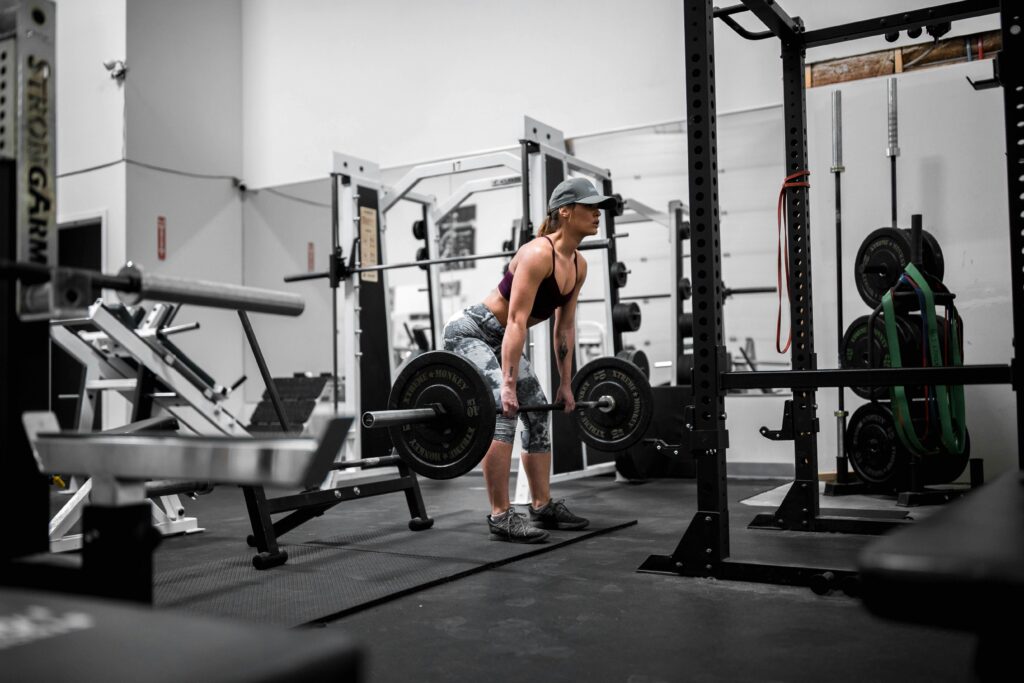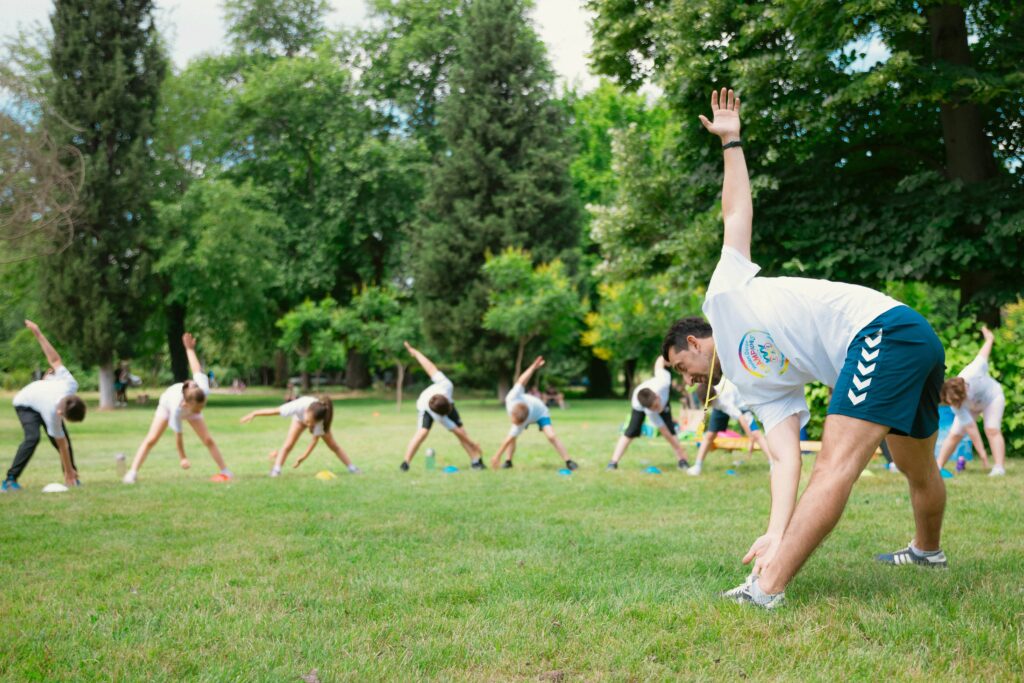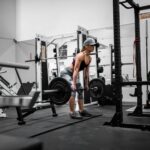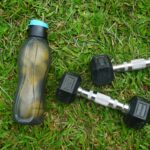Now Reading: Acupuncture for Addiction Recovery: How Traditional Healing Supports Sobriety and Mental Wellness
-
01
Acupuncture for Addiction Recovery: How Traditional Healing Supports Sobriety and Mental Wellness
Acupuncture for Addiction Recovery: How Traditional Healing Supports Sobriety and Mental Wellness
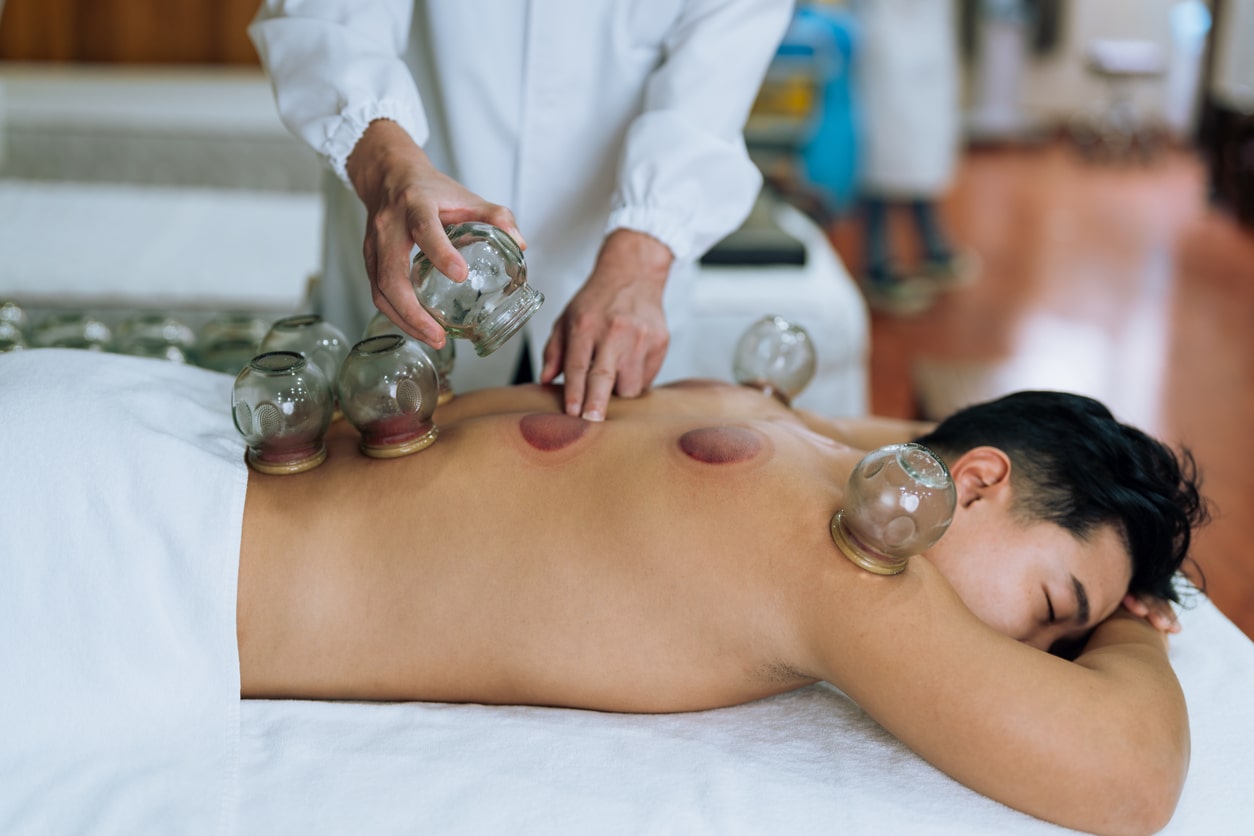
Introduction
Addiction recovery is a challenging journey that requires a combination of medical treatment, therapy, and holistic approaches. One effective yet often overlooked method is acupuncture. Acupuncture for addiction recovery has been used for decades to support individuals in managing withdrawal symptoms, reducing cravings, and improving mental well-being.
According to the National Institute on Drug Abuse (NIDA), around 40-60% of people in recovery experience relapse. Holistic therapies like acupuncture offer a complementary way to strengthen recovery by promoting relaxation and emotional stability (National Center for Complementary and Integrative Health, 2021).
What is Acupuncture?
Acupuncture is a traditional Chinese medicine practice that involves inserting thin needles into specific points on the body. These points, known as meridians, are believed to restore balance in the body’s energy flow, or “Qi.” While acupuncture has been used for thousands of years to treat various health conditions, it has gained popularity in addiction recovery for its ability to ease withdrawal symptoms and improve overall well-being.
How Acupuncture Supports Addiction Recovery
Acupuncture offers multiple benefits that aid in addiction recovery. Here’s how it helps:
1. Reduces Withdrawal Symptoms
Withdrawal symptoms can be overwhelming and often lead to relapse. Acupuncture helps alleviate common withdrawal symptoms such as anxiety, nausea, muscle pain, and insomnia.
A study published in the American Journal of Psychiatry found that acupuncture significantly reduces withdrawal symptoms in individuals recovering from opioid addiction (Margolin et al., 2002).
2. Manages Cravings
Cravings are one of the biggest challenges in addiction recovery. Acupuncture activates specific points in the body that regulate the release of neurotransmitters like dopamine and serotonin. This helps balance mood and reduces cravings naturally.
Research from Yale University found that patients who received acupuncture for addiction recovery had lower cravings and were more likely to complete their treatment programs (Avants et al., 2000).
3. Reduces Stress and Anxiety
Stress and anxiety are common triggers for relapse. Acupuncture stimulates the release of endorphins, which are natural painkillers and mood enhancers. This helps individuals in recovery feel more relaxed and emotionally stable.
A study in the Journal of Alternative and Complementary Medicine found that acupuncture lowers cortisol levels, reducing stress and anxiety (Lin et al., 2013).
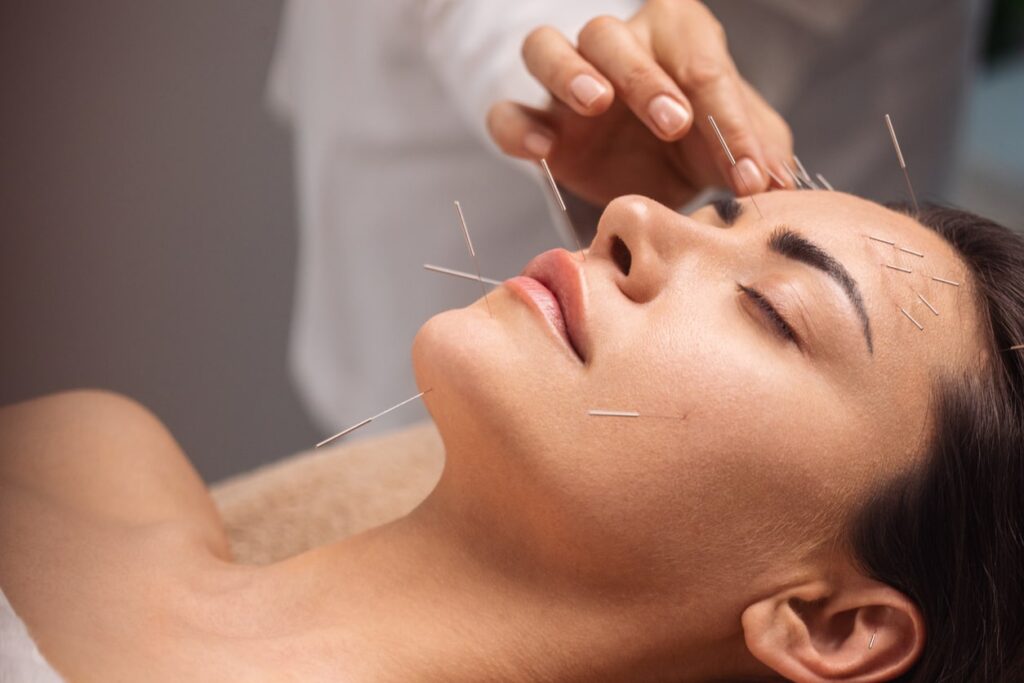
4. Improves Sleep Quality
Many individuals in recovery struggle with insomnia or poor sleep quality. Acupuncture promotes relaxation and helps regulate the body’s sleep cycle.
According to a 2016 study published in Sleep Medicine Reviews, acupuncture improves sleep quality by increasing melatonin production and reducing nighttime awakenings (Cao et al., 2016).
5. Enhances Emotional Well-Being
Emotional imbalances are common in individuals recovering from addiction. Acupuncture helps regulate emotions by stimulating the nervous system and improving overall mental health. Many people report feeling a sense of calm and mental clarity after acupuncture sessions.
The NADA Protocol: Acupuncture for Addiction Treatment
One of the most widely used acupuncture techniques for addiction recovery is the NADA (National Acupuncture Detoxification Association) protocol. This method involves inserting five small needles into specific points on the ear. These points help:
- Reduce cravings
- Alleviate withdrawal symptoms
- Promote relaxation
- Improve mental focus
The World Health Organization (WHO) recognizes acupuncture, including the NADA protocol, as an effective complementary treatment for addiction recovery.
What to Expect During an Acupuncture Session
If you’re considering acupuncture for addiction recovery, here’s what you can expect:
1. Consultation
Your acupuncturist will discuss your addiction history, withdrawal symptoms, and mental health concerns to tailor the treatment to your needs.
2. Insertion of Needles
The practitioner will insert thin, sterile needles into specific points on your body, such as the ears, hands, or feet. The process is generally painless.
3. Relaxation Period
You will lie still for 20-40 minutes while the needles stimulate your body’s healing process. Many people experience a deep sense of relaxation during this time.
4. Post-Session Effects
After the session, you may feel calmer, more focused, and less stressed. Some people notice immediate benefits, while others experience gradual improvement over multiple sessions.
How to Incorporate Acupuncture into Your Recovery Plan
Acupuncture works best when combined with other recovery methods such as therapy, support groups, and lifestyle changes. Here are some tips to incorporate acupuncture into your recovery plan:
1. Find a Licensed Acupuncturist
Look for a certified acupuncturist who specializes in addiction recovery. Many treatment centers now offer acupuncture as part of their programs.
2. Be Consistent
For the best results, attend acupuncture sessions regularly. Most experts recommend 2-3 sessions per week during the early stages of recovery.
3. Combine with Other Holistic Therapies
Pair acupuncture with practices like meditation, yoga, and breathing exercises to enhance its effectiveness.
4. Adopt a Healthy Lifestyle
Support your recovery by maintaining a balanced diet, staying hydrated, and engaging in physical activities. Acupuncture works best when your body is nourished and well-cared for.
5. Keep an Open Mind
Everyone’s experience with acupuncture is different. Give yourself time to adjust and trust the process.
Conclusion
Acupuncture for addiction recovery is a powerful tool that can ease withdrawal symptoms, reduce cravings, and support emotional well-being. While it should not replace traditional treatments like therapy and medication, it serves as an excellent complementary approach to strengthen sobriety and improve mental health.
If you or someone you know is struggling with addiction, consider adding acupuncture to your recovery journey. It’s a natural, safe, and effective method to support long-term healing and inner balance.
References:
- Avants, S. K., Margolin, A., Holford, T. R., & Kosten, T. R. (2000). A randomized controlled trial of auricular acupuncture for cocaine dependence. Archives of Internal Medicine.
- Cao, H., Pan, X., Li, H., & Liu, J. (2016). Acupuncture for treatment of insomnia: A systematic review of randomized controlled trials. Sleep Medicine Reviews.
- Lin, J. G., Hsieh, C. L., & Lin, Y. W. (2013). Acupuncture for the treatment of anxiety disorders: A systematic review and meta-analysis. Journal of Alternative and Complementary Medicine.
- Margolin, A., Avants, S. K., & Holford, T. R. (2002). Acupuncture for the treatment of cocaine addiction: A randomized controlled trial. American Journal of Psychiatry.
- National Center for Complementary and Integrative Health. (2021). Complementary health approaches for substance use disorders.
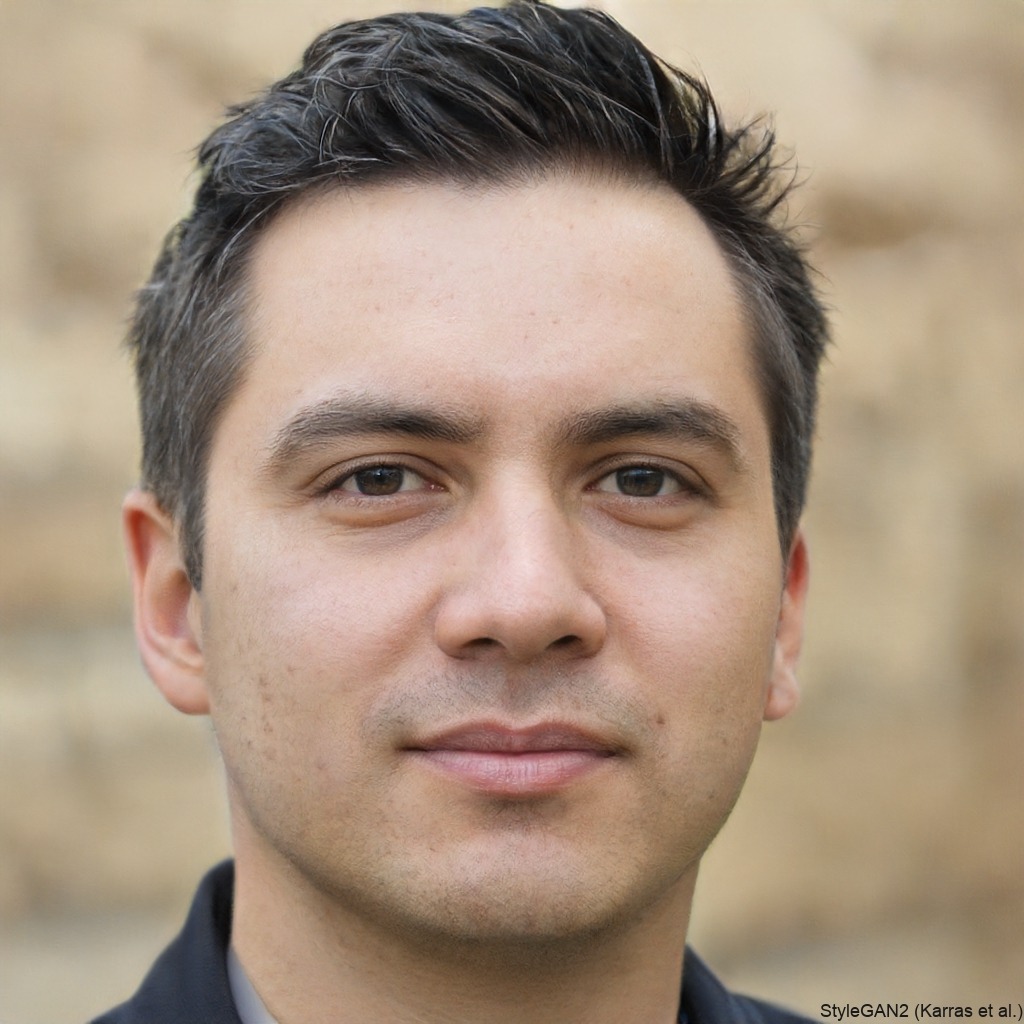
Kevin Fletcher is a seasoned writer with over 10 years of experience crafting engaging and informative content in the health, fitness, and wellness industries. Passionate about helping readers live healthier lives, Kevin combines research-backed insights with practical tips to inspire positive change.












